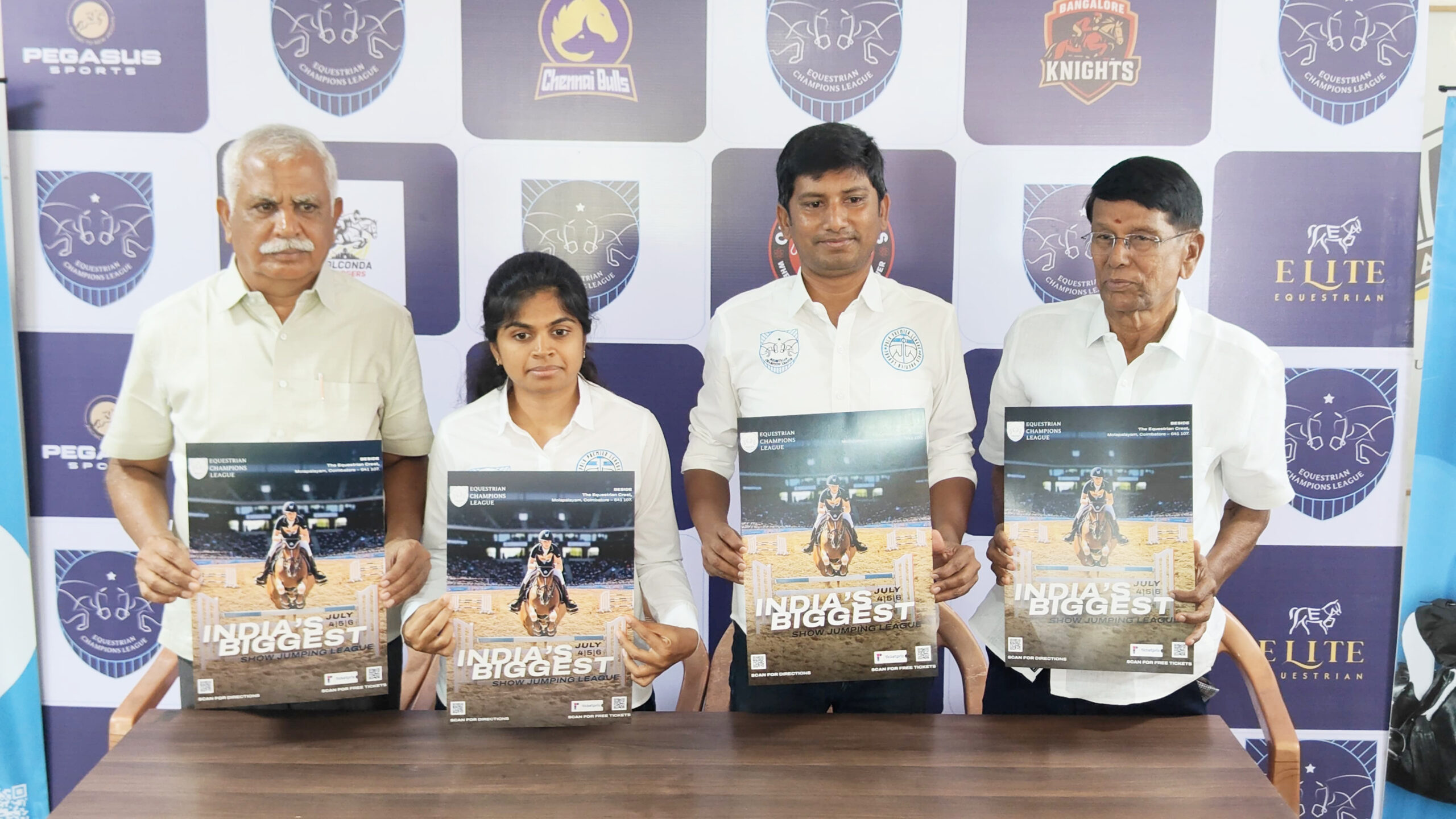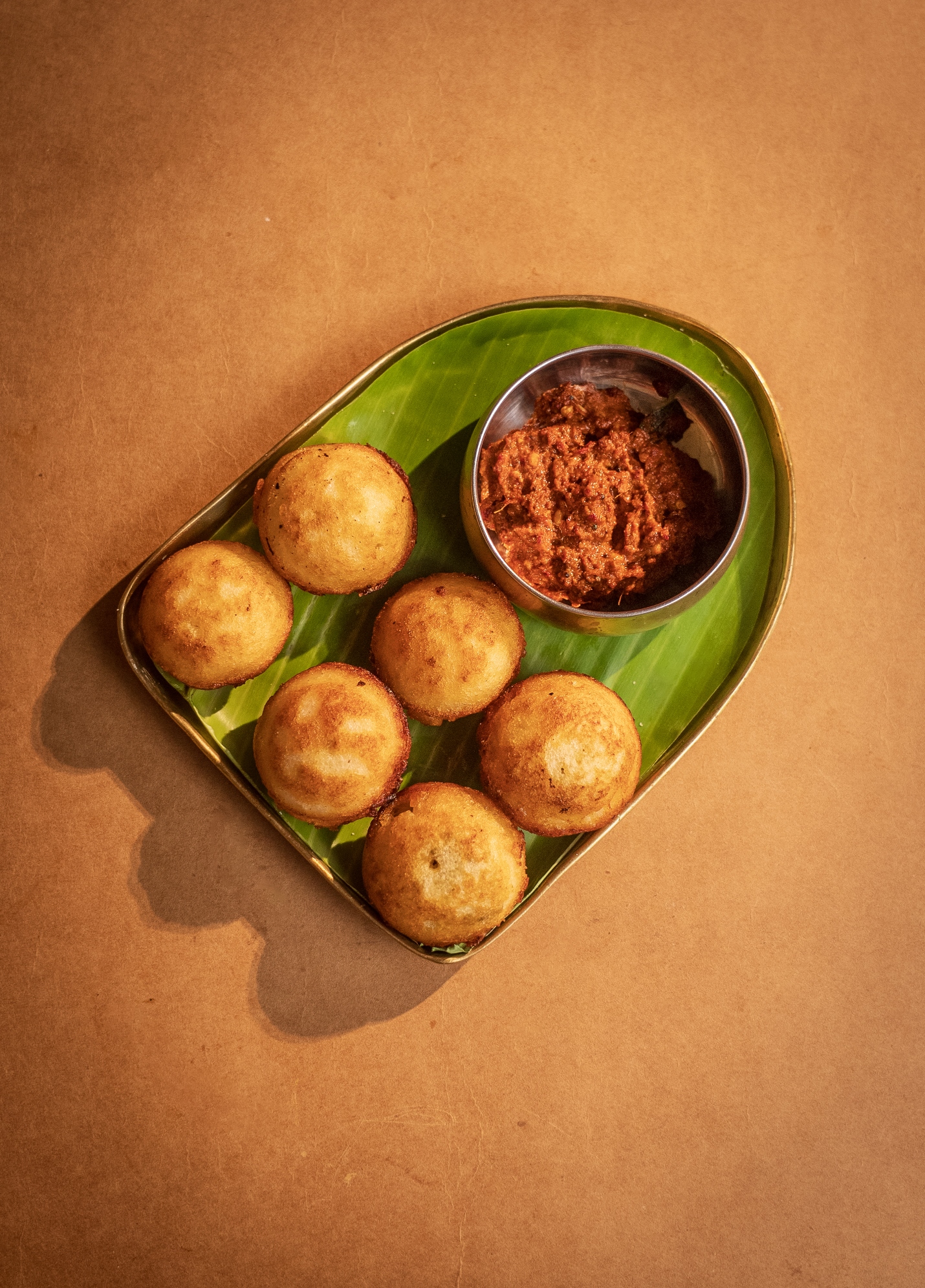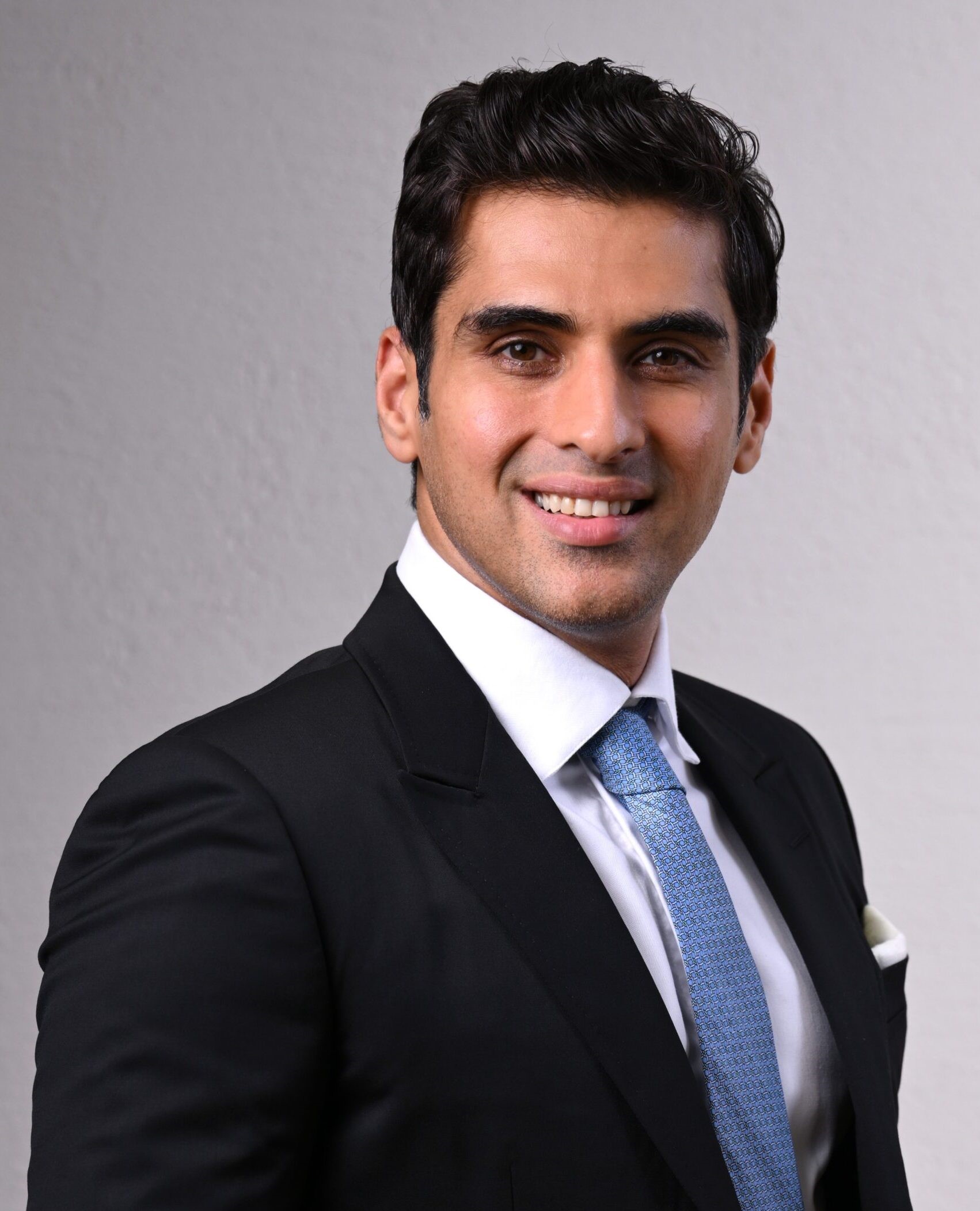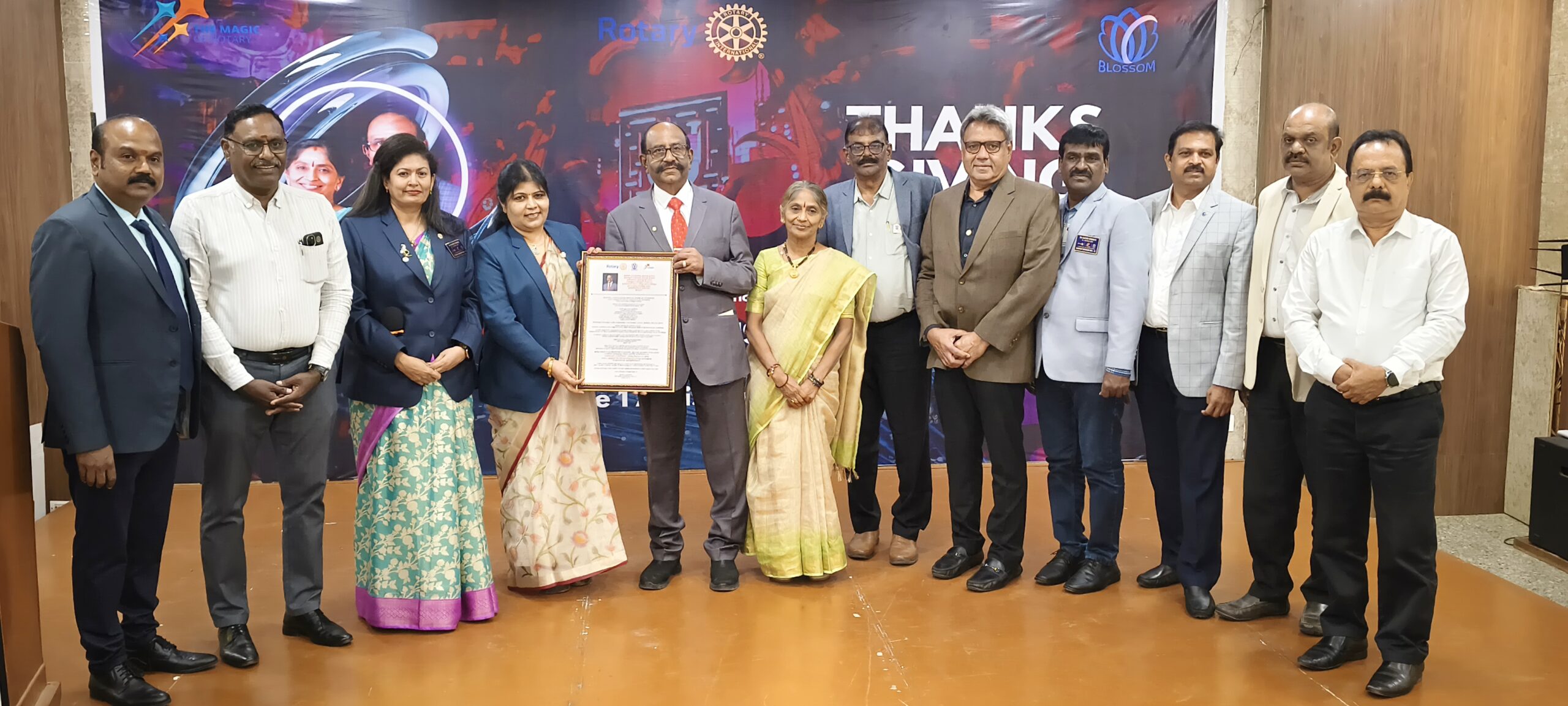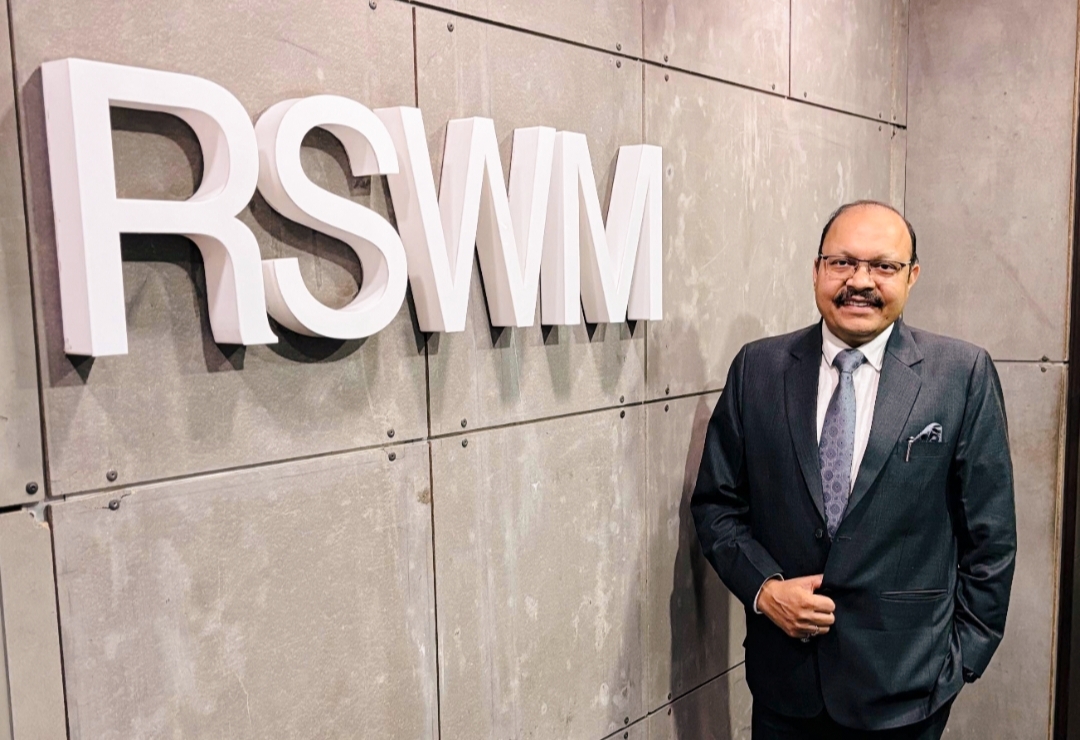Trending Now
- “If Edappadi Palaniswami permits, a thousand young members from the Virudhunagar district AIADMK are prepared to take up arms and engage in battle under my command.” – Former AIADMK Minister Rajendra Balaji
- “India is ready to deal with any counter-attack by Pakistan” – Wing Commander Vyomika Singh
- Central govt orders extension of CBI Director Praveen Sood’s tenure for another year
Coimbatore
Breaking the Brahminical stranglehold over Carnatic music
![]() February 17, 2016
February 17, 2016
Carnatic classical music maestro TM Krishna has taken upon himself to take classical music to the people from castes lower down the order. Open up Carnatic music to all, argues the vocalist who is carrying out a bold experiment on the sands of Beasant Nagar beach – holding classical Carnatic music concerts in front of the temple of Elliamman goddess in Uru Olcott Kuppam, a fisherfolk village.
Chennai is playing host to a brand new experiment in Carnatic Classical music – breaking the stranglehold of Brahminical order over the classical music since centuries. In the forefront of this movement is TM Krishna, 40 year old Carnatic musician who hails from a Brahmin family and has taken upon himself to break the walls that prevent the people from the lower castes from learning and perfecting the art, which has predominantly been the preserve of the Brahmin community.
For the second year running, Krishna, who has also written a book “A Southern Music”, The Karnatic Story has organized Urur Olcott Kuppam Margazhi Vizha ( Urur Olcott Margazhi festival) coinciding with the music season that brings hundreds of thousands of music afficiandos from across the world to congregate in Chennai to participate in and enjoy some 2000 concerts organized by various Sabhas.
Tamil Nadu and Chennai have struggled hard and have successfully saved cultural and musical traditions and the music season is a glowing example of this aspect of life that the state can be proud of.
But, Carnatic musician like Krishna without in anyway taking away the greatness of Carnatic music and its power to unite people rues the fact that the art has remained confined to the Brahminical elite and have got the financial support of the higher castes.
The dalits and other backward communities have so far been kept away or they themselves kept away from learning Carnatic music as most of the teachers are from Brahmin community. The organisations that run the music are of Brahminical dispensation and it has remained so for centuries.
In his book, Krishna argues for opening up classical Carnatic music to one and all.
He hopes that one day, sooner rather than later, Carnatic music society would break down the walls erected around it and allow free entry to anyone who wishes to learn the musical art form.
At present, there are elements that intimidate people from other castes even to attend Carnatic music concerts, what to speak of learning it. Carnatic music, that Krishna prefers to spell with a K (C is so colonial and K so cool, he says), is fortunate that it is having the best time globally — with musicians on concert tours across the world and is receiving the support of global audience
The future is very bright for Carnatic classical music as it continues to gain acceptance from a growing global audience, the author says. His message for fellow music practitioners is to open themselves up and allow people from all castes, creeds, strata to enter into the music world that has been shut out to several sections of the society through the past several generations.
Which is why he organizes concerts at Urur Olcott Kuppam, a fishermen’s colony on Beasant Nagar beach. Middle of January saw a weekend of concerts where he performed with other renowned Carnatic music exponents. Among the audience on January 14 was former West Bengal governor Gopalakrishna Gandhi, who had released his book two years ago at a special function held at Kalakshetra.
“The idea is to take Carnatic music away from the sabhas and bring it nearer to a new kind of audience. It is our duty to broad base Carnatic music, whether it finds acceptance is another issue,” he said in a brief interaction with the audience.
This concert was followed by another two days of musical feast on Beasant Nagar beach, neat the fishermen village. Another two days of concerts are planned for February 27 and 28.
The performance will be held in front of the Ellaiamman Temple in the fishing village of Urur Olcott Kuppam, TK Krishna said in a Facebook post.
The ‘Vizha’ will also travel to one of the flood affected neighborhood in Chennai — West Mambalam – with a celebratory performance on 20 February at Ayodhya Mandapam. Here, Chennai’s fisherfolk who did yeomen service in saving people from flood fury, will be honored. The city’s youth who spontaneously jumped into relief work and the conservancy workers who cleaned up the city even at the cost of putting their own health and lives at stake, would also be honored.
The Urur-Olcott Kuppam Vizha, was conceptualized as a response to the vitiated social conditions and to the isolation of arts, artists and audiences into ghettoes of caste and class, Krishna said.








